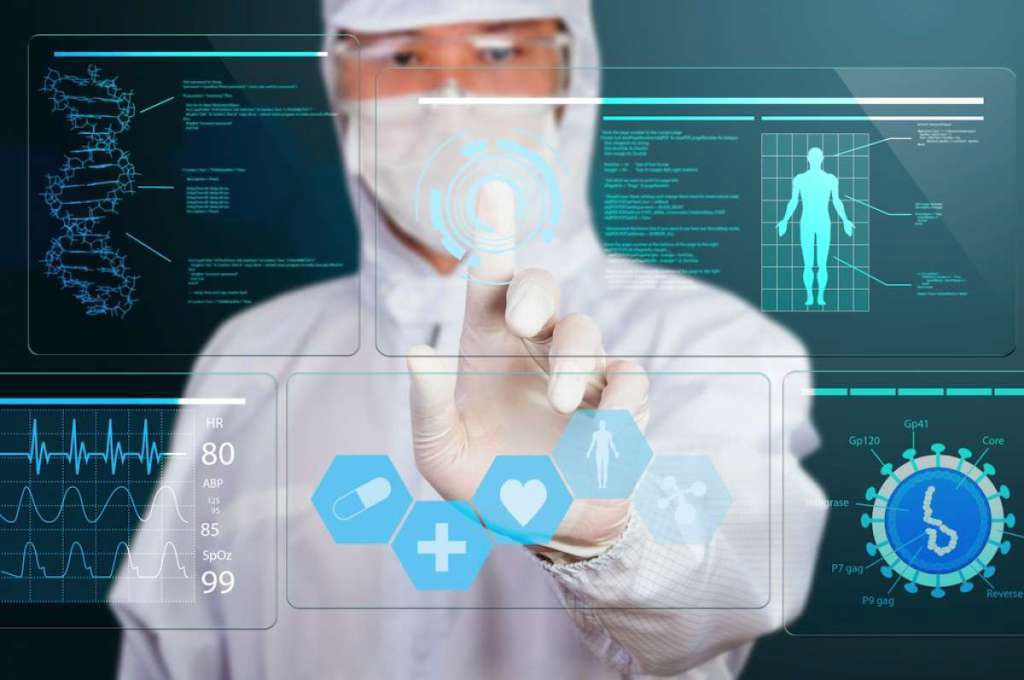Artificial Intelligence (AI) has rapidly transformed various sectors, and medicine is no exception. The integration of AI into healthcare has led to numerous advancements, from assisting with diagnostic imaging to predicting patient outcomes. As AI technology continues to evolve, its potential in revolutionizing disease identification and healthcare delivery is becoming increasingly evident.
Precision Diagnostics:
AI algorithms are capable of analyzing vast amounts of medical data, including patient records, imaging scans, and genetic information. This enables AI to identify subtle patterns and anomalies that may not be readily apparent to human clinicians. By integrating AI into diagnostic workflows, healthcare providers can enhance diagnostic accuracy, identify diseases at earlier stages, and tailor treatment plans based on individual patient needs.
Predictive Analytics:
AI-driven predictive analytics can help identify disease risks and predict patient outcomes. By analyzing a patient’s medical history, genetic makeup, lifestyle factors, and environmental influences, AI can generate personalized risk profiles and recommend preventive measures. This proactive approach to healthcare can lead to earlier interventions, reducing the burden of chronic diseases and improving overall health outcomes.
Drug Discovery and Development:
AI-powered platforms can accelerate the drug discovery and development process by identifying potential drug candidates and predicting their efficacy and safety profiles. By simulating drug interactions and predicting clinical trial outcomes, AI can significantly reduce the time and cost associated with bringing new medications to market. This could lead to the development of more effective treatments for a wide range of diseases.
Remote Monitoring and Telemedicine:
AI-enabled remote monitoring devices and telemedicine platforms can help patients manage chronic conditions from the comfort of their homes. These technologies can track vital signs, monitor medication adherence, and provide real-time feedback to patients and healthcare providers. By enabling continuous monitoring and early intervention, AI can help prevent disease exacerbations and reduce hospitalizations.
Personalized Medicine:
AI’s ability to analyze large datasets and identify individual variations in disease presentations and treatment responses can facilitate the development of personalized treatment plans. By considering a patient’s unique genetic makeup, medical history, lifestyle, and environmental factors, AI can optimize treatment efficacy and minimize adverse effects.
In conclusion, AI has the potential to revolutionize disease identification and healthcare delivery by enhancing diagnostic accuracy, predicting patient outcomes, accelerating drug discovery, enabling remote monitoring, and facilitating personalized medicine. As AI technologies continue to evolve, their integration into clinical practice has the potential to improve patient care, optimize healthcare resources, and transform the future of medicine.
Team T2S1.

